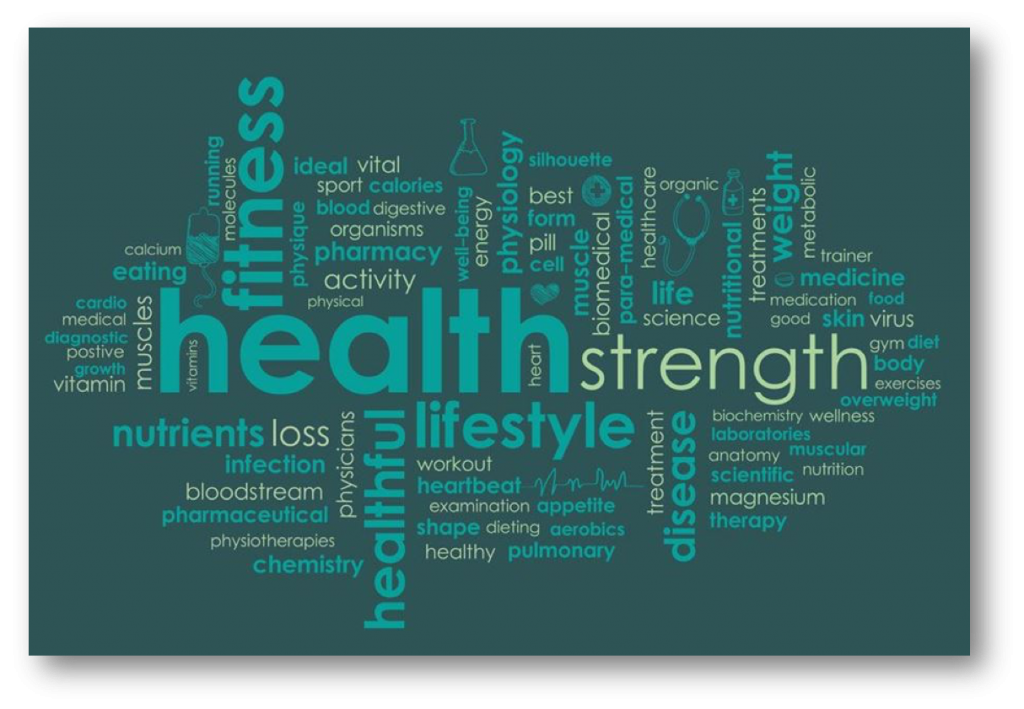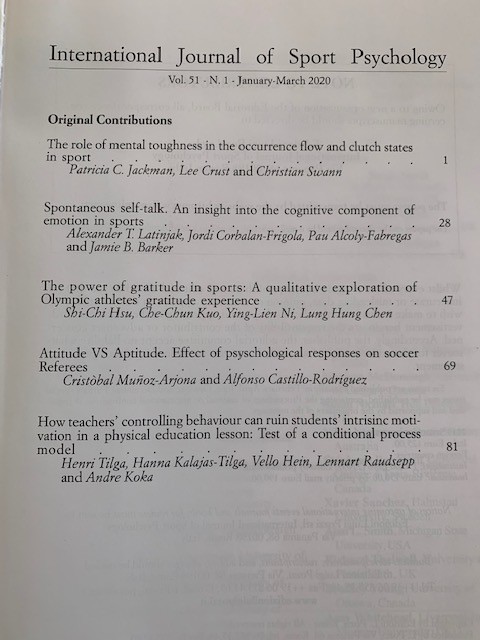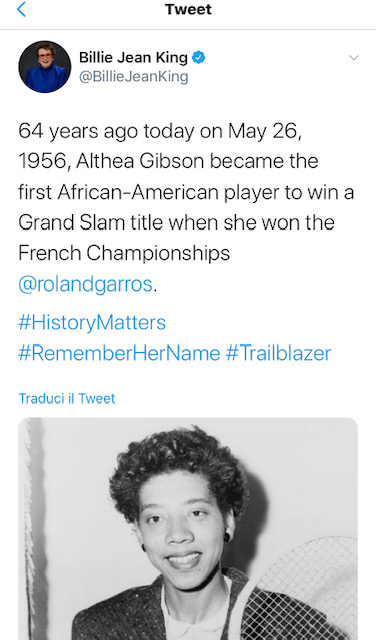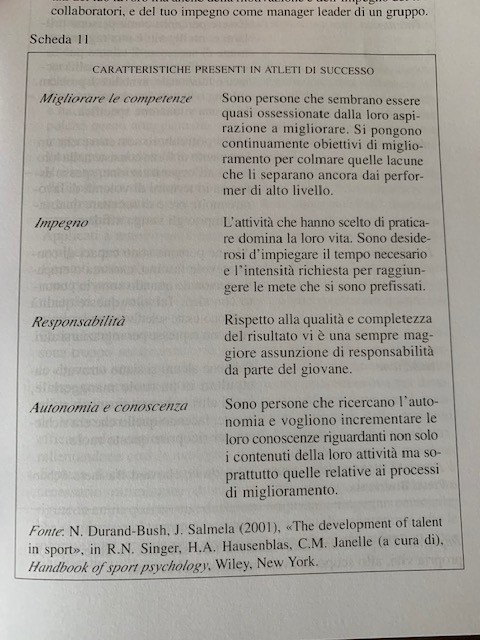*A guidance report recently produced by the Covid-19 Sport and Exercise Psychology Working Group on behalf of the British Psychological Society’s Division of Sport and Exercise Psychology has highlighted three priority areas with which to support athletes.
- Mental health and dealing with uncertainty
With many events and competitions postponed indefinitely, with no certain confirmation of when some will resume, this is likely to cause a significant amount of stress for athletes.
If athletes struggle to cope with stress, over time it is likely to have a negative impact on their mental health, especially if they do not seek support or begin to take proactive measures to manage their well-being.
There are several successful psychological strategies which athletes can use to cope with stress or manage their mental health. These strategies may also be effective to help with the uncertainty caused by coronavirus:
Control the controllable(s):
- Focus on what is within our control (e.g: exercising and training safely, seeing opportunities for personal development and growth, maintaining physical distancing but maintaining social interactions).
- Accept that some sources of uncertainty are outside of our control (e.g: when sporting events will be resumed, when physical distancing restrictions will be lifted).
- Accept that feelings associated with stress and anxiety are normal responses to uncertainty.
- Maintain a sense of perspective (e.g: given the lockdown restrictions it may not be possible to maintain ‘typical’ levels of fitness).
Athletes tend to prefer ‘problem-focused’ coping strategies. However, this approach may not be effective if the source of stress is outside of our control. Therefore, we recommend that athletes prioritise strategies that cope with what is within their control and learn to accept what is outside of their control.
Focus on our responses to the uncertainty:
- Practice deep breathing
- Use relaxing imagery
- Engage in mindfulness or meditation
- Listen to music
- Develop routines to connect with family, friends, team-mates or coaches about how our feelings
- Write thoughts, feelings, and worries down regularly
When faced with sources of stress outside of our control, it is better to focus on regulating your emotions rather than the uncertainty itself.
Use helpful distractions:
- Train or exercise (within social distancing guidelines)
- Take a walk in a green space-where possible (this has been shown to reduce stress levels)
- Take up a new hobby at home
- Do an activity with members of your household
- Watch television (but be wary of repeatedly watching too much Covid-19-related news stories)
- Take part in a virtual quiz
- Listen to a podcast
- Avoid reminders of cancelled sporting events
Research has suggested that, when unable to compete and train with fellow athletes, distraction and avoidance can be an effective way of coping with stress for some sportspeople.
2. Maintaining social connections
Covid-19 has resulted in great changes to the rhythm of daily life and to how we maintain social connections and have a sense of belonging. Athletes have a strong professional-identity; created, in part, from the time spent within the organisational structure of sport and socialising with other members.
Feeling connected with others and being part of groups that we perceive to be positive and meaningful is beneficial for our psychological health and well-being.
Therefore, it is important for athletes to consider how narrow or wide their social network is in terms of personal and professional relationships, and who they want and need to maintain communication with, within and outside sport:
- Family members
- Friends
- Peers in sport
- Coaching staff and management
By keeping communication channels open and by scheduling regular connections with key individuals or groups it will be easier to raise difficulties before they become more problematic.
Presently in our work with elite sports teams and individuals we have found the scheduling of online coffee chatrooms is an easy way to maintain communication along with sharing daily hassles and concerns, while also maintaining a sense of fun, and dressing room ‘banter’.
3. Motivation and goal setting
Many sports people will have begun this year immersed and focused on high-performance goals that may have represented the culmination of years of dedication and commitment.
The impact of coronavirus and the cancellation and suspension of competitions and training means that these goals are no longer a daily presence and driving force; and for many, are now unobtainable this year.
The sudden loss of this opportunity to achieve our goals combined with isolation, restrictions on social movement, exercise and training can lead to significant mental health issues.
Adopting strategies and adjusting or re-engaging in alternative goals can improve well-being through increasing feelings of self-control.
Create a daily structure and alternative goals for well-being:
- Creating new social networks and maintaining contact
- Physical well-being, for example sleep patterns, nutrition and Pilates to name a few
- Personal development such as learning a new skill, or taking up a hobby
Many athletes also find the use of a reflective diary as a useful and effective way to log their progress, but in the current situation such diaries can be used to disclose worries and anxieties.
The act of writing problems down can be an effective technique to help deal with worries and concerns.
Re-adjust and reframe goals
As athletes look to the future they may also want to think about taking some time to define or redefine mastery goals. Mastery goals are those that focus on self-improvement (getting better at a skill, having insight into why improvement occurred), they help maintain motivation and can provide a sense of purpose as we move into the new normal.
Importantly, when we are setting goals, whether these are to structure our day or mastery goals to aid us moving forward, we must remember to be realistic, use our support network to help achieve the goals and don’t be afraid to reach out to our social network for advice and feedback.
Ultimately, the COVID-19 lockdown is an uncertain and stressful time for many people including elite and professional sport performers. The ability to cope with stress, largely depends on our ability to have a flexible mindset along with engaging and adhering to some of the evidence-based principles above.
The present adversity may also offer some an opportunity for reflection and contemplation on work-life balance, life expectations, priorities, and goals.
*This blog was compiled by Dr Jamie Barker, Senior Lecturer in Sport and Exercise Psychology, Loughborough University and the Covid-19 Sport and Exercise Psychology Working Group on behalf of the British Psychological Society’s Division of Sport and Exercise Psychology.








